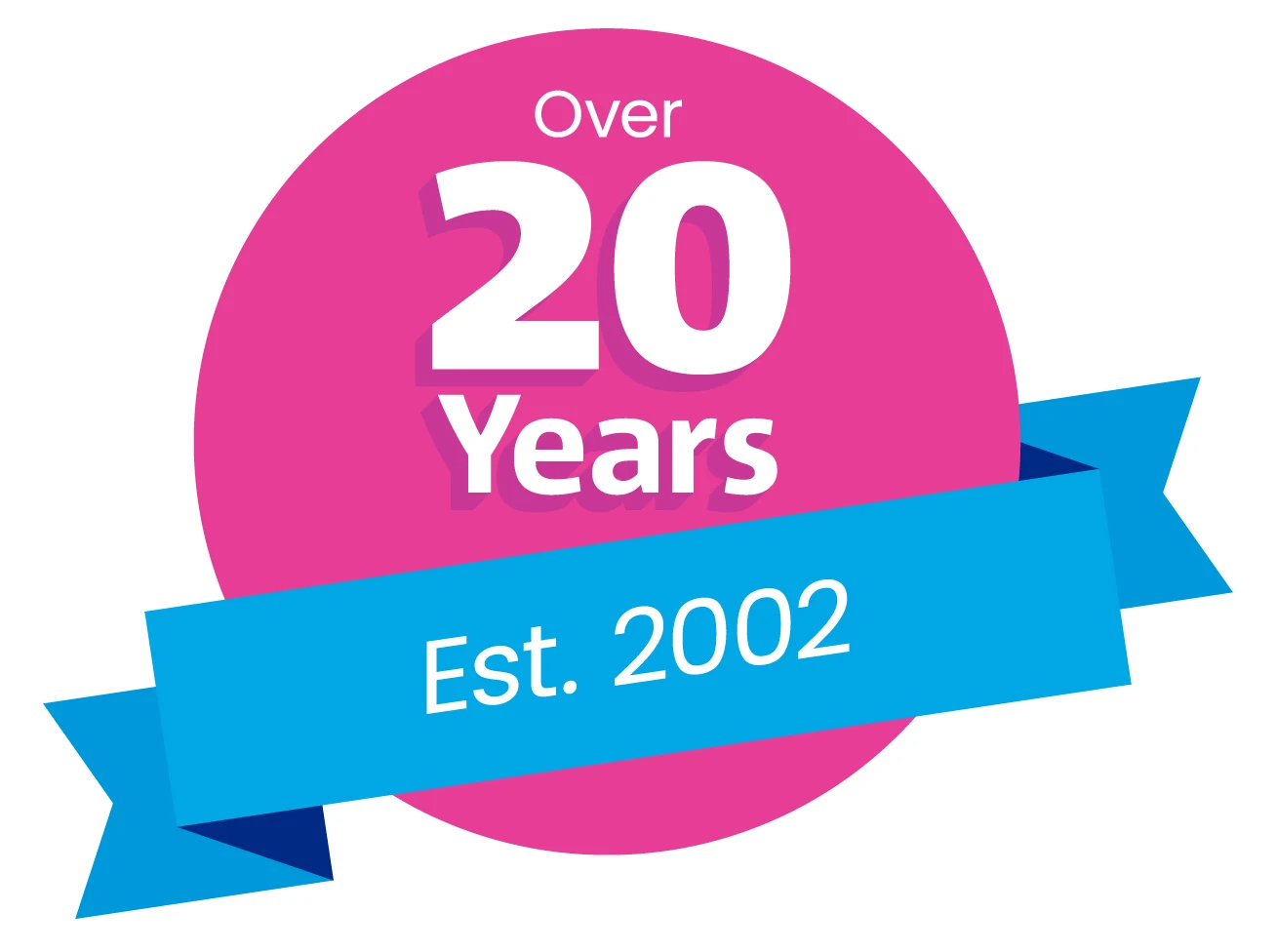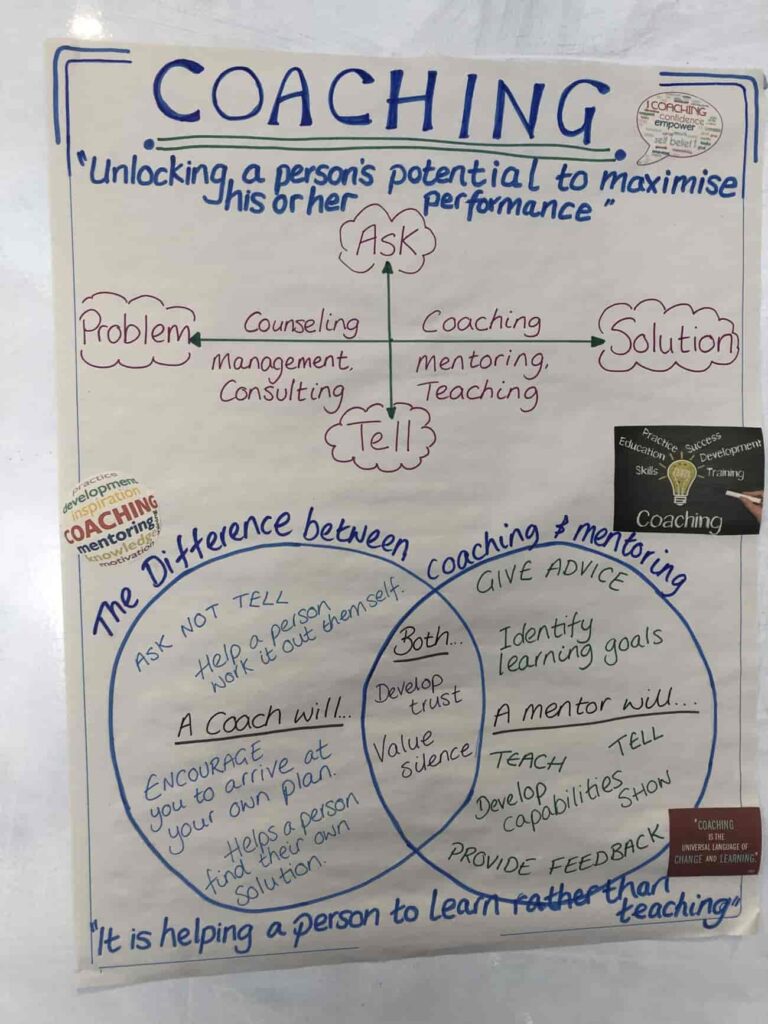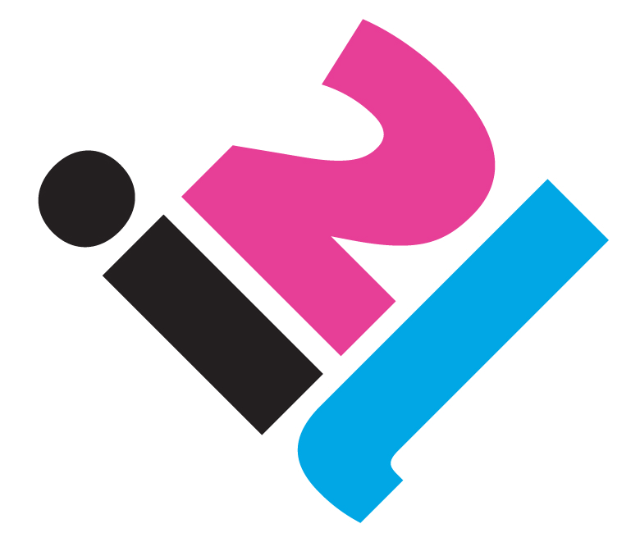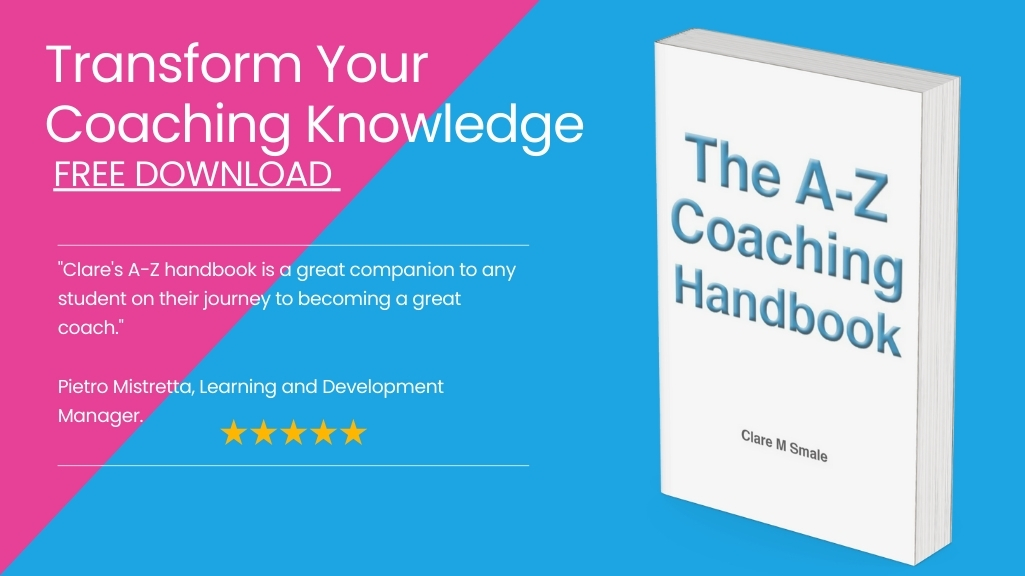3 mistakes I made when I began coaching
I fell into coaching by accident. In 2007 a good friend invited me to join her on a free NLP Diploma training weekend, so I went along to keep her company – funny how things in life come along at the right time! After two days I was hooked and I then invested heavily in my CPD through NLP Practitioner and Master practitioner training. This gave me a bunch of great tools and approaches at my disposal to bring into the coaching space. Later In 2007 I qualified as an executive coach with the ILM L7 Diploma in Executive Coaching & Leadership Mentoring and along came my first clients, all of whom were young and aspiring headteachers in the Fast Track programme with the National College of School Leadership.
I was thrown in at the deep end with 50 clients in schools across the west region of the UK, so what mistakes did I make in the early days of being a coach and how might these help other new coaches?
Plenty I am sure – here are three that come to mind.
Mistake #1 – Lazy contracting – one side of A4 isn’t enough for a professional written contract. My current coaching contract has grown to 7 pages and includes safeguarding and GDPR arrangements as well as the logistics and the nature of the work and relationship. Neither is a quick ten-minute chat enough for verbal contracting. There is so much to explore in the working relationship, both at the beginning and then within every coaching session. I now have a much better awareness of many relationship dilemmas, in particular, that could be avoided through better contracting and re-contracting. The verbal, written and psychological contracts are interlinked and the more these are discussed and revisited in a coaching relationship, the better.
Mistake #2 – Too much enthusiasm for tools and techniques – having trained in NLP first, I came to coaching with an exciting and extensive toolkit of tools and techniques. I once heard a quote from Richard Bandler (the co-founder of NLP) that said “NLP is an attitude and a methodology, which leave behind a trail of techniques”. Looking back on my early days of my coaching it was a case of all the gear and no idea. On reflection, it might have been better to get the basics of coaching right and work harder on my listening and questioning skills rather than seeing to employ something from my armory of tools. Having said that there are still a few firm favourites from NLP that I use regularly, such as the neurological levels models which is one of the most robust and adaptable NLP frameworks for coaching and also the well-formed outcome which is the simplest of goal-setting tools yet enormously effective.
Mistake #3 – No supervision – yes you read that right – absolutely none. I didn’t even know supervision was a ‘thing’ during my first couple of years as a coach. I can’t remember where I first came across the concept of working with a supervisor. Even when I was initially aware it existed, I am ashamed to say I didn’t see the relevance of it to me for far too long. No one else was talking about supervision in my network and I’d never been asked whether I was supervised. I now spend about £3000 per year on supervision and reflective practice, both 1:1 and in groups. I wouldn’t be without it on a personal level as it gives me checks and balances in my practice and allows me to explore my blind spots. Without supervision, I would be in breach of the Global Code of Ethics and my professional memberships. I now regularly have to submit my supervision and CPD logs for membership renewals, and directory listings and also to bid for client work.
If I could go back to those early years and do things differently, I would
- Seek advice from multiple sources on what professional contracting looks, sounds and feels like
- Focus more on getting the foundations better, rather than tools and techniques – I would seek masterclasses on listening and questioning skills and in particular clean language as this has taken my questioning skills to the next level.
Going back to my first coaching contract all those years ago, I had a wonderful time working with inspiring teachers and my knowledge, skills and confidence as a coach grew exponentially during that time. I am aware that I thrive on uncertainty and ambiguity and I am mindful that the approach I took to gaining substantial experience quickly wouldn’t suit everyone. However, I would encourage all new coaches to grab early opportunities to work with new clients and maintain their learning momentum.
- How might you avoid my early mistakes?
- When you make mistakes, how will you know and how will you reflect and learn?
- Who will supervise you?
To find out more about learning to coach, supervision or achieving an ILM coaching qualification, email clare@inspired2learn.co.uk





